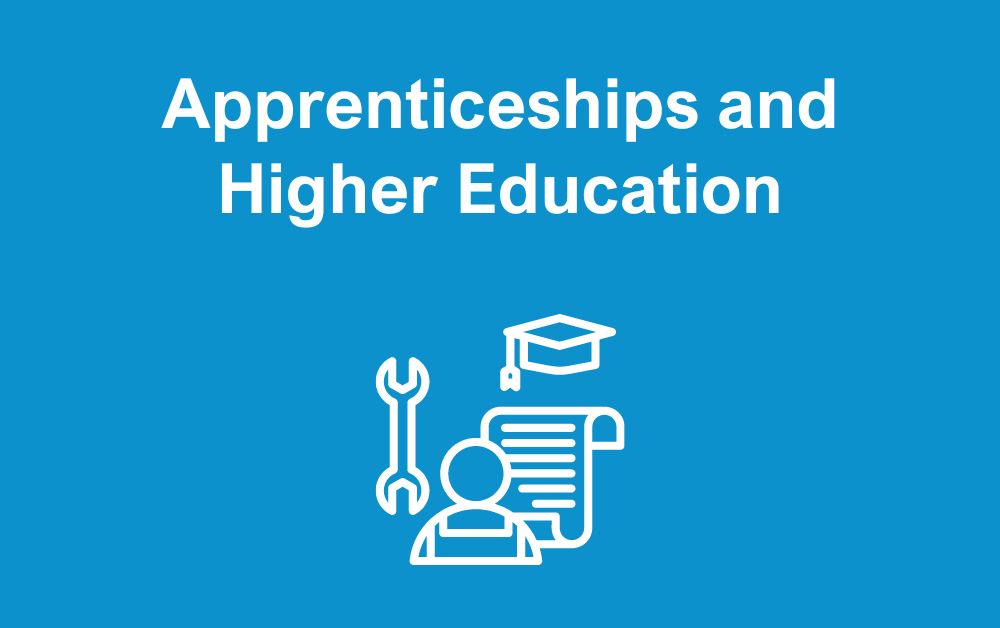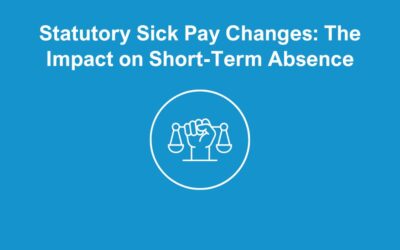As the latest season of the TV show ‘The Apprentice’ kicked off last week, it seems that we are once again gripped by ‘Apprentice Fever’. However, beyond the boardroom drama and witty one-liners from Lord Sugar, there’s a much broader conversation about apprenticeships that deserves our attention. This week also marks National Apprenticeship Week, making it the perfect time to discuss the important role of apprenticeships in bridging the gap between education and the workplace.
National Apprenticeship Week
National Apprenticeship Week is an annual event that celebrates the positive impact apprenticeships have on individuals, employers, and the economy. It provides a platform for raising awareness about apprenticeship opportunities and highlights their significance in our ever-evolving job market.
Apprenticeships: A Valuable Pathway
Apprenticeships offer a unique pathway for individuals to gain practical skills, valuable experience, and a recognised qualification whilst earning a wage. This combination of learning and earning has made apprenticeships an increasingly attractive option for young people and career changes alike.
One of the key advantages of apprenticeships is their flexibility. They cater to a wide range of industries and job roles, from traditional trades like plumbing and carpentry to modern sectors such as digital and cybersecurity. This diversity means that there is an apprenticeship to suit almost every career aspiration.
The Role of Higher Education
While apprenticeships are gaining prominence, higher education remains a valuable pursuit for many. Universities and colleges offer in-depth knowledge and the opportunity to specialise in various fields.
The Apprenticeship Advantage
Apprenticeships and Higher Education can complement each other, addressing the needs of individuals with different career goals and learning styles. It’s not a matter of one being superior to the other; rather, it’s about finding the right fit for each person.
What We Do
One example of how The HR Booth helps bridge this gap is by visiting local schools and offering advice on a number of relevant topics such as CV writing, applying for jobs and goal planning.
Alistair’s involvement in schools allows him to share his insights, helping students make informed decisions about their future. By showcasing the benefits of apprenticeships alongside traditional academic routes, he empowers young people to explore diverse career opportunities.
Alistair said “I am passionate about supporting young people and proud of the part we play at The HR Booth in working with local schools. I started my career under the Skillseeker programme which is the equivalent of today’s Modern Apprentice framework, and therefore being able to give something back is hugely important to me. The work we do helps prepare the future workforce for the world of work, and in being proactive we are providing young people with the best possible chance as they enter the world of work.”
As we celebrate National Apprenticeship Week, it’s clear that apprenticeships play a vital role in our educational landscape. They offer an alternative route to success, allowing individuals to learn, earn, and gain practical experience. By working alongside higher education, apprenticeships help bridge the gap between academic knowledge and real-world application, ultimately shaping a more skilled and adaptable workforce.
Whether you’re a fan of ‘The Apprentice’ or simply curious about the world of apprenticeships, now is the perfect time to explore this valuable educational pathway. With the right support in place, we can ensure that the next generation is well-equipped to excel in the ever-evolving job market.







